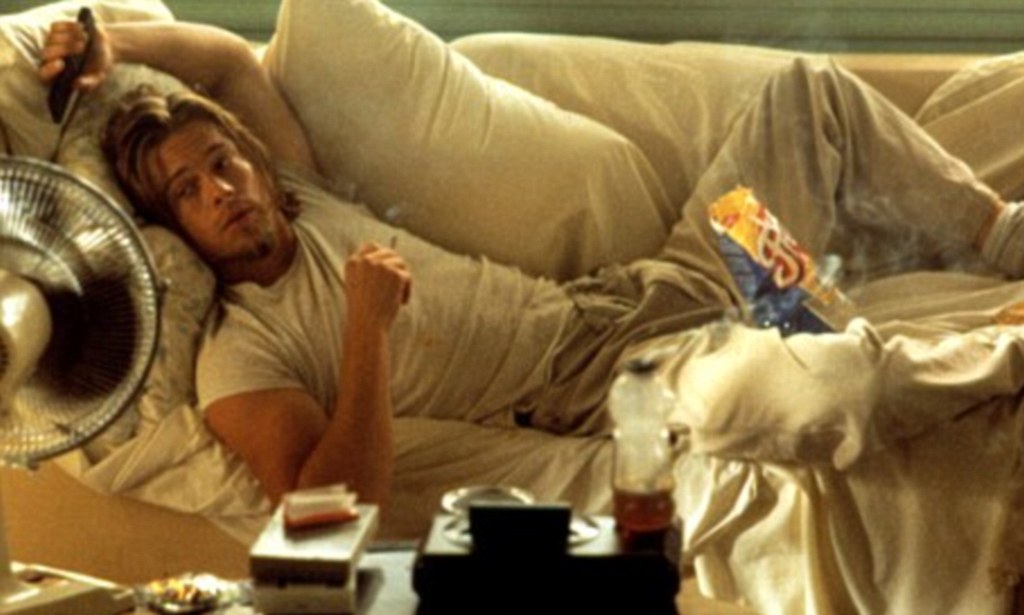Kiwi cannabis enthusiasts were alarmed this week by a couple of polls that suggested a majority of people might now be against cannabis legalisation in New Zealand. A Reid Research poll for Newshub and a Colmar Brunton poll for One News both suggested this. As this essay will argue, what the polls say is just as meaningless as what the law says.
Cannabis prohibition has failed. There’s no doubt about it. With every year that passes, another overseas jurisdiction repeals prohibition, and society in general is starting to move on from it. The most glaring example of this are the falling rates of convictions for cannabis offences, as not even the Police can be bothered enforcing this law.
People miss the point if they say that this means that murder and rape prohibition has also failed because they keep happening. Murder and rape have victims. They are therefore categorically different to using cannabis, and there’s no reason to treat them the same.
Statistics show that using cannabis is one of the most Kiwi things that anyone can do. The correlation between being born in New Zealand and voting for the Aotearoa Legalise Cannabis Party in 2017 was 0.77, which tells us that cannabis use is an integral part of our national culture. The deeper a person’s roots in New Zealand, the more likely they are to be a cannabis user.
So in reality, there’s no need for a referendum, because we live the referendum all the time. Every single day, hundreds of thousands of Kiwis choose to use cannabis, for a wide range of ailments, to socialise, to destress or simply for a laugh. We signal our approval of cannabis every day from the simple fact that we choose to use it every day.
Almost everywhere and everytime Kiwis gather outside of Government supervision, there’s some weed involved. When we go tramping and hunting, we take some smoke with us. When we meet up for a barbeque, we like to break out the bongs. After we play touch or cricket we like to have a puff. And at the beaches, and in the parks, and in the bedrooms, etc…
We’re going to keep doing this, and the Government will not ever be able to stop us. The Governments of far more submissive and less free-thinking peoples than New Zealanders can’t stop their people from using cannabis – how can they stop us?
The number of cannabis seeds in private hands must number in the multiple billions. Law or no law, there is an entire underground network of cannabis enthusiasts who have been sharing seeds, clones and cultivation techniques for decades. These people love to help new people become growers themselves and defy prohibition. This culture has no intention to go anywhere.
Neither is it going to go anywhere. No Government can come up with a justified reason for making a medicinal plant illegal. Whether now or a thousand years from now, human beings will always intuitively feel that a law prohibiting them from using a part of nature to heal themselves is obscene.
This intuitive feeling is not just a delusion brought about from cannabis-induced psychosis. Far from it. It reflects something much deeper, namely the fact that we have a God-given right to use any spiritual sacraments we see fit. This is described elsewhere as the Golden Right, and the Government may not violate it because violating a person’s ability to connect to God causes suffering.
Because of all this, it doesn’t matter that a couple of polls might have suggested that the cannabis referendum result could be negative. I was stoned when I wrote this article, I will be stoned on the day on the cannabis referendum, and I will be stoned the next day too, regardless of the result.
People have an obligation to defy unjust laws. Even if the referendum result is negative, prohibition will still be an unjust law. Because it will still be an unjust law, people will keep defying it. The control freaks in the Government can hiss and rage all they like – Kiwis are going to use cannabis anyway, because it’s our will. Refusing to recognise this fact is futile.
*
If you enjoyed reading this essay, you can get a compilation of the Best VJMP Essays and Articles of 2018 from Amazon for Kindle or Amazon for CreateSpace (for international readers), or TradeMe (for Kiwis). A compilation of the Best VJMP Essays and Articles of 2017 is also available.




